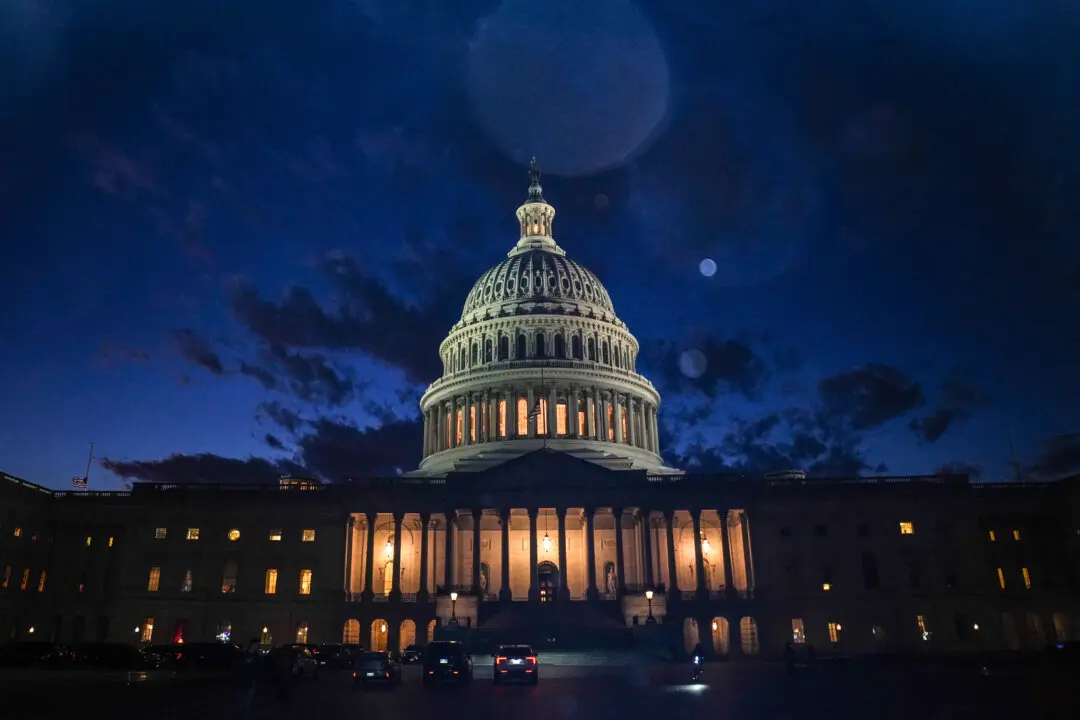Commentary
An Orange County Register article recently reported that House of Representatives member Marjorie Taylor Greene (R-Ga.) donated $275,000 to the GOP campaign organization, as well as $2,000 each to 18 fellow Republicans. One of the beneficiaries of that $2,000 was Michelle Steel (R-Calif.), who represents the 45th Congressional District here in Southern California.





